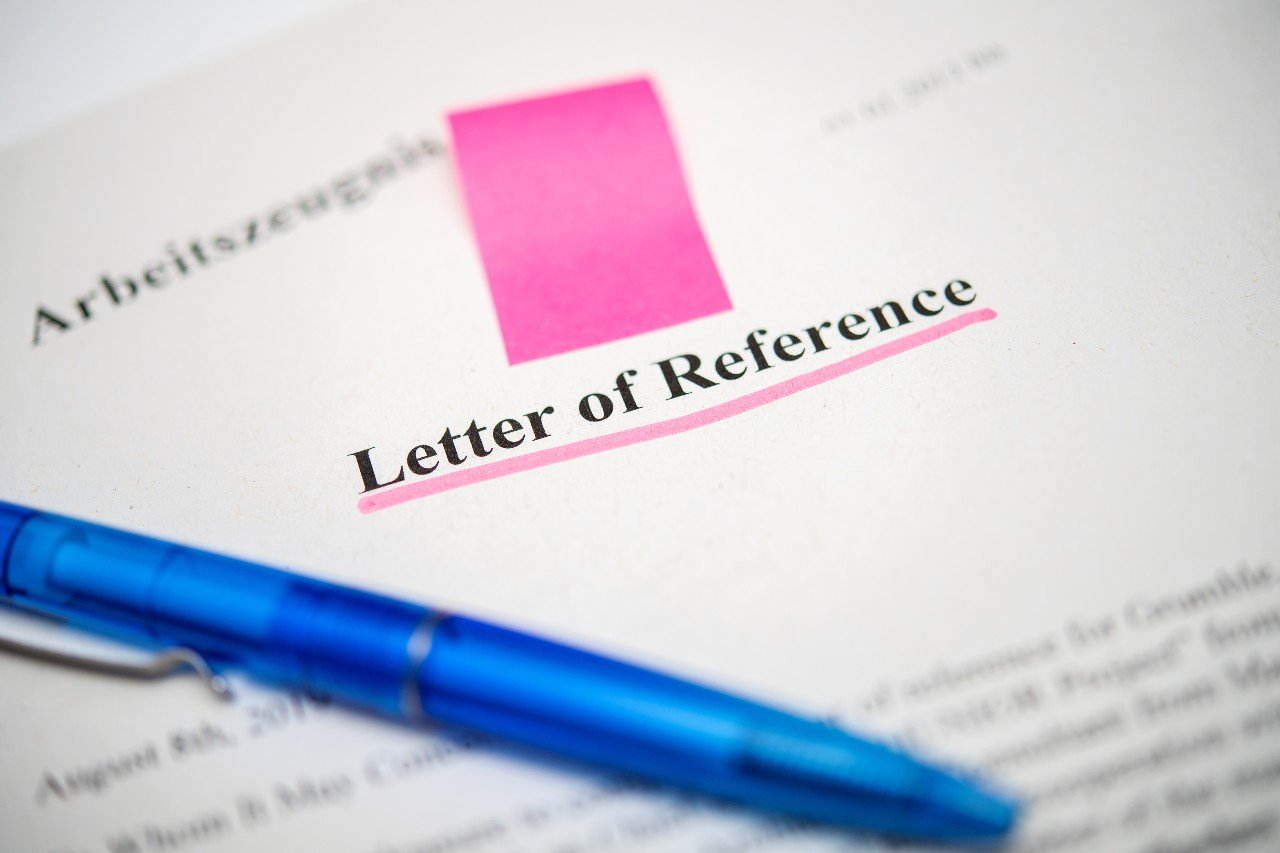“The worries concern earnings, pensions and education,” Heinz-Herbert Noll, co-publisher of this year’s study told news agency DPA. And though researchers empathize with such Teutonic anxieties, they are “worrying,” he said in Berlin on Wednesday.
In general the pessimism increases from west to east across the country, coming mainly from the unemployed with lower levels of education. More easterners also complain about the supposed shortcomings of democracy. A lack of prospects and the fact this group continues to fall deeper into poverty could increase “the risk of conflicts” in the future, the study said.
The report contains data from the Federal Statistics Office (Destatis) as well as representative social surveys and people estimating their current standard of living themselves. Mainly based on data from 2006, the recent financial crisis isn’t even an issue when it comes to the gloomy results.
Noll said the timeframe isn’t much of an issue because negative trends are already known and detailed in the survey, though. The gap between the rich and poor is increasing, with real income stagnating since 2001, for example. While the poorest fifth in Germany keeps loosing income, the wealthiest fifth keeps gaining more money consistently, the study says. The poverty rate in Germany has risen from 11.4 per cent in 2001 up to 13.9 percent in 2006. In the even sadder eastern part of the country it has even increased from 15.3 per cent to 22.7 percent.
The famously quoted “German Angst” seems to play its part as well, though the Germans still fit into into middle of rankings for European general contentment, accroding to the study.
General grumpiness creates a dim view of politics too. German parties have lost about 40 percent of their members compared since 1990. And even though most Germans still consider democracy as the best form of government, a stunning 74 percent stated that socialism was a great idea – though badly executed in the end.





 Please whitelist us to continue reading.
Please whitelist us to continue reading.